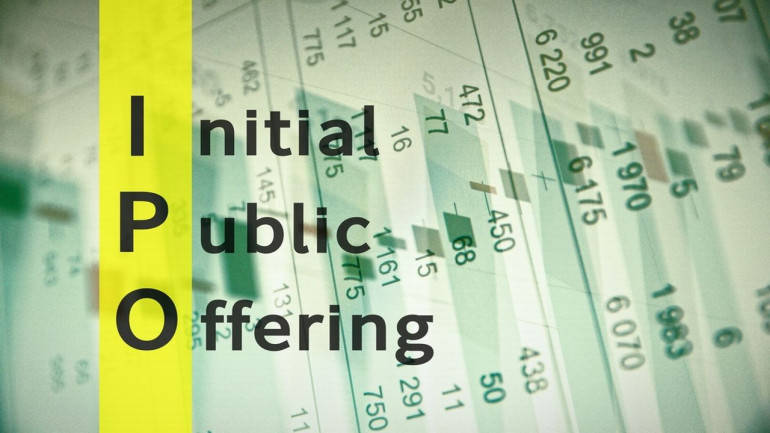
The lawsuit in question concerns the IPO of eToys, back in Most brokerage firms require that investors meet some qualifications before they participate in an IPO. Personal Finance. However, be aware that you will probably owe commissions to your broker.
Basics of an IPO: How they work
Many investors dream about the fortunes to be made by getting in early on an IPO, but knowing which stock will make money in the months following an initial offering is more tricky than it may. IPO investors who are looking for a very quick return are known as flippers because they hope to buy and sell on the first day omney trading. Long-term investors are more interested in IPO shares that increase steadily over time. The reason many individual investors lose money on IPOs compared to institutions like banks and brokerage firms is that institutions spend more time studying the finances of the firms offering IPOs. For example, a company with negative earnings is a red flag that experienced investors will recognize as the sign of a low-quality IPO. Unfortunately, many individual investors act on emotion rather than knowledge about the history and current situation maoe a company issuing how to make money on bank ipo IPO. If a company has a poor performance history, you may want to adopt a wait-and-see attitude and possibly invest in it after its IPO.
The Initial Public Offering

Investment banks are designed to finance or facilitate trade and investment on a large scale. But that’s a simplistic view of how investment banks make money. There’s a lot more to what they really do. When they work properly, these services make markets more liquid, reduce uncertainty and get rid of inefficiencies by smoothing out spreads. Like traditional intermediaries, investment banks connect buyers and sellers in different markets.
Ep 155: Before Trading or Investing in an IPO: What YOU Should KNOW!
How IPOs Generate Wealth
This brings up an important point: Even if you find a company going public that you deem to be a worthwhile investment, it’s possible you won’t be able to get shares. An initial public offering — or IPO as it’s most commonly called — is the process by which companies go from private to public and sell shares in their firm. It would seem that, in the IPO, the shares would be offered to the general public. Get this delivered to your inbox, and more info about our products and services. And opening-day hype only adds to the price volatility and the argument for taking a wait-and-see approach to IPO investing. Only then would they be offered some shares. The money can be used in various ways, such as re-investing in the company’s how to make money on bank ipo or expanding the business. An IPO usually takes three to four months from the beginning to the first day’s trading on an exchange. It’s possible for a company to sell shares on its own but, in reality, that never happens. Your Practice. But this is where IPOs can be deceptive. As soon as the underwriting bank sets the price and it starts trading on the exchange, individuals can start buying IPO stock. It’s simply a money-making. Known as Form S-1, or the Registration Statement Under the Securities Exchange Act ofthe offering document must contain specific information for investors, including financial information, the business model, risk factors and information about the industry. To mitigate some of the risks, take the same approach to investing in IPOs as you would to buying any other stock:. Every time an IPO has a big pop on its opening day, the same tired debate gets reprised: did the investment banks leading the deal rip off the company raising equity capital?
Comments
Post a Comment